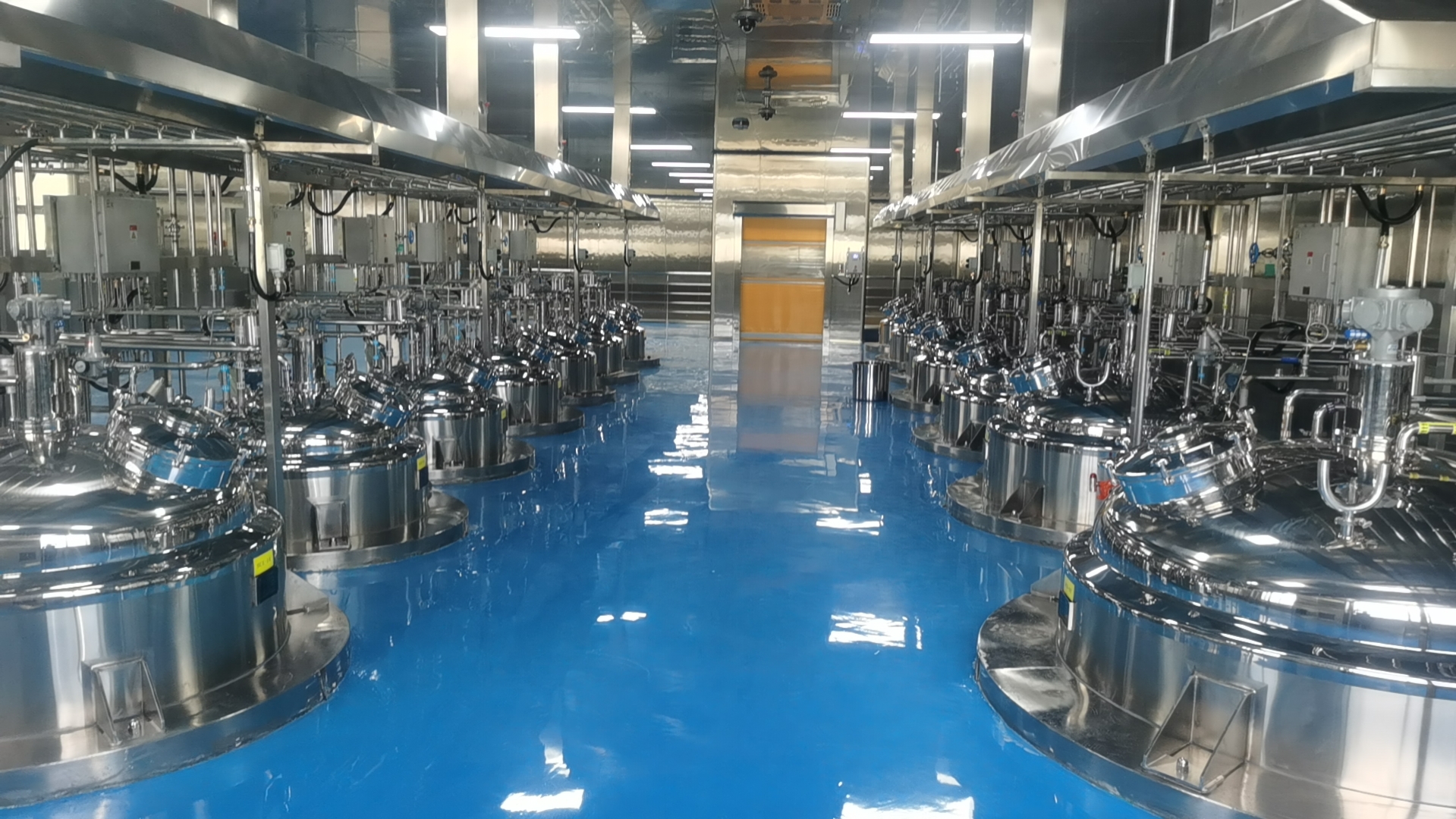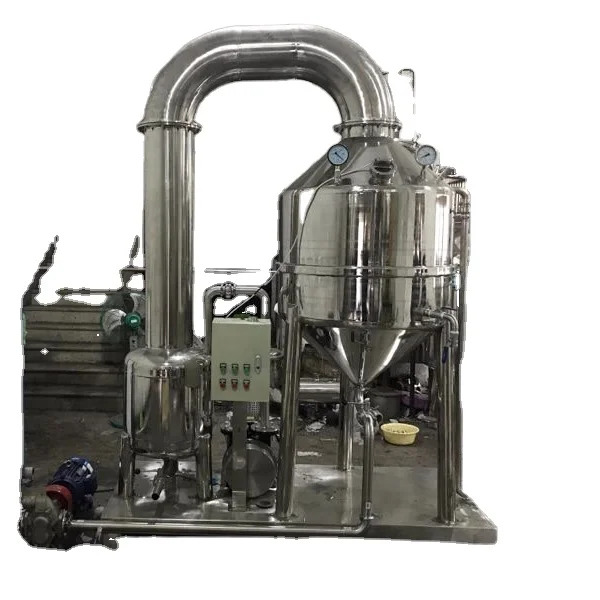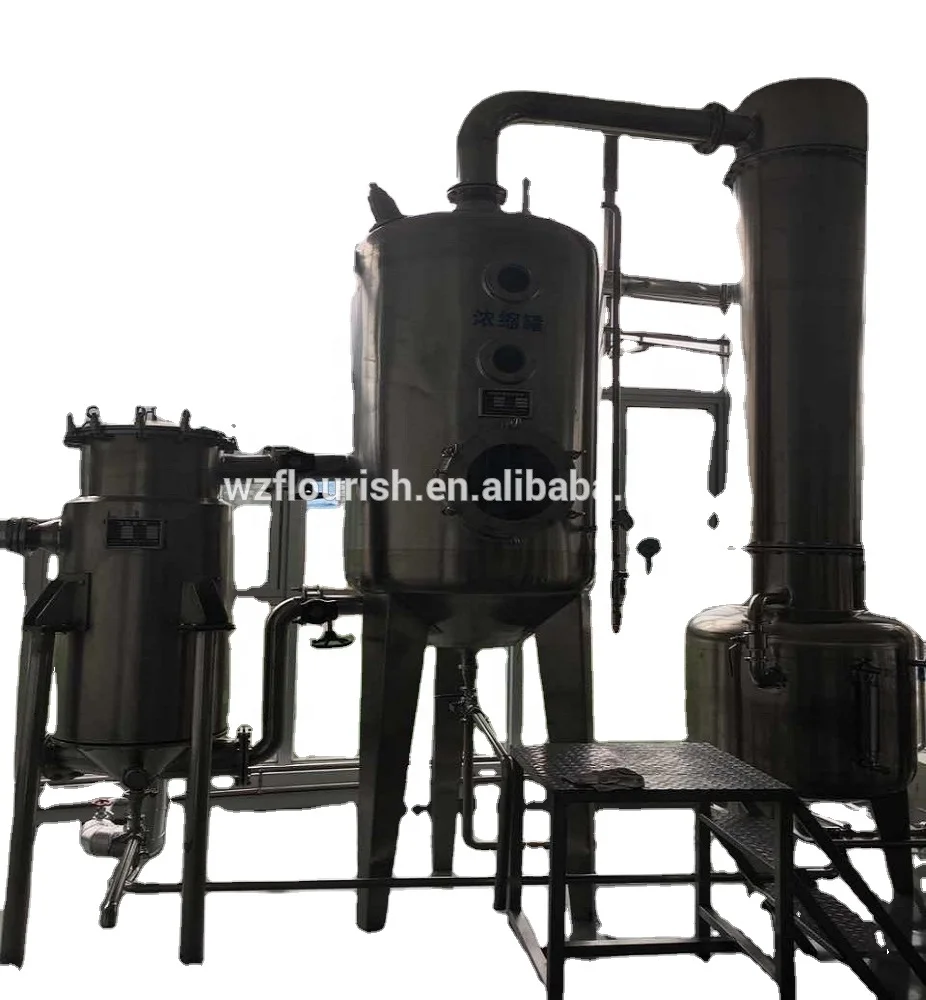
ABOUT
Wenzhou Vince Machinery Science Co., Ltd. was established in early 1980s. Our company covers an area of 6500 square meters and is an independent legal representative firm, possessing rich economic technology strength. Our company is a high tech enterprise and plays an important role in national dairy, foodstuff, pharmacy and machinery industries. We are a beverage machinery supplier.
Since the establishment, our company has mainly engaged in dairy products, foodstuff, beverage machinery, bean products, yellow wine, medicines and fermentation projects. What's more, our company supplies a complete sequence services in manufacturing, installation, test and personnel train, as well as the whole direction service design and consulting service on product project construction or enlargement artistic distribution engineering sets budget.
Innovative Beer Pasteurization Methods
Microfiltration
Microfiltration is a membrane filtration technique that removes bacteria and yeast from beer without the application of heat. This method utilizes membranes with pore sizes small enough to exclude microorganisms while allowing the beer to pass through. The benefits include maintaining the original flavor and aroma compounds, as the beer isn't subjected to high temperatures. However, it's important to note that microfiltration doesn't eliminate viruses, so a combination with other methods might be necessary for complete sterility.
Different types of microfiltration membranes exist, each with varying pore sizes and filtration rates, allowing brewers to tailor the process to their specific needs and beer styles. The efficiency of microfiltration also depends on the pretreatment of the beer, including clarification and removal of larger particles to prevent membrane fouling.
Pulsed Electric Field (PEF) Technology
PEF technology applies short, high-voltage electrical pulses to the beer. These pulses disrupt the cell membranes of microorganisms, leading to their inactivation. PEF is a non-thermal process, minimizing the impact on beer flavor and aroma. It's a relatively new technology still under development, but initial results are promising, indicating its potential for a significant role in beer pasteurization.
The effectiveness of PEF depends on factors like pulse strength, duration, and frequency. Optimizing these parameters is crucial to ensure efficient microbial inactivation while maintaining beer quality. Further research is needed to refine the technology and explore its scalability for large-scale brewing operations.
High-Pressure Processing (HPP)
High-Pressure Processing (HPP) involves subjecting beer to extremely high hydrostatic pressures, typically between 400 and 600 MPa, for a specific duration. This pressure inactivates microorganisms by denaturing their proteins and disrupting their cell structures. HPP is a non-thermal process, preserving the delicate flavor profiles of craft beers and retaining their freshness for an extended period.
HPP is a well-established technology already used in various food industries. Its application in the brewing sector is increasing due to its effectiveness and ability to maintain beer quality. However, the high capital costs associated with HPP equipment might be a barrier for smaller breweries.
These innovative methods offer exciting possibilities for the future of beer pasteurization, allowing brewers to produce safer, high-quality beer while preserving its unique characteristics. Further research and development are crucial to optimize these technologies and make them more accessible to breweries of all sizes.SUBSCRIBE
INQUIRY





